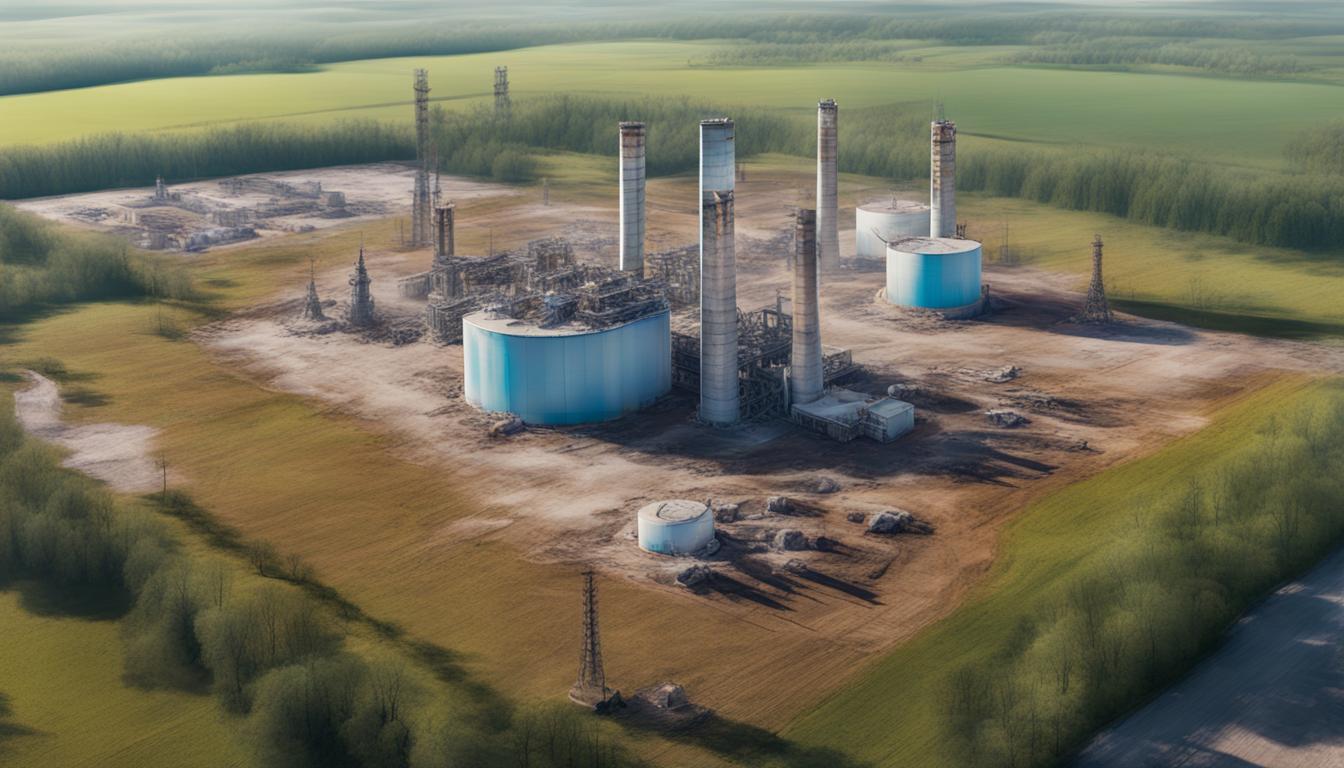In a significant move, the European Union has decided to use profits from Russia’s frozen assets to arm Ukraine, as the nation contends with ongoing Russian assaults on its energy infrastructure, aiming to weaken its production capabilities and morale. This comes alongside diplomatic responses from the UK and concerted efforts by Ukraine to boost its military resources.
The European Union has decided to support Ukraine by arming it using profits from Russia’s frozen assets. This development occurred amidst ongoing attacks by Russia on Ukrainian energy facilities, significantly damaging the infrastructure and disrupting power supplies across several regions, including Kyiv. These attacks, including a recent barrage of over 50 cruise missiles and explosive drones, have been interpreted as efforts to weaken Ukrainian manufacturing capabilities and morale.
In response, the UK has taken diplomatic actions against Russia by expelling a Russian military officer and shuttering Russian diplomatic properties, citing suspicions of Kremlin-backed assaults in London.
As the conflict continues, Ukraine’s President Volodymyr Zelenskiy has voiced concerns over what he perceives as insufficient Western efforts to curb energy revenues to President Putin’s regime. Concurrently, Ukraine has passed a mobilisation bill to bolster its military capacity, claiming to match Russia in the production of deep strike drones.
Amid these developments, Ukraine estimates the cost of repairing damaged energy infrastructure at approximately $1 billion. Meanwhile, Germany has committed to supporting a peace summit scheduled for June, aiming to address the ongoing conflict.
The unfolding situation continues to draw international attention, with updates and analyses provided through various platforms, including “Ukraine: The Latest,” a daily podcast by The Telegraph featuring insights from multiple experts on military, humanitarian, political, and economic aspects of the conflict.













